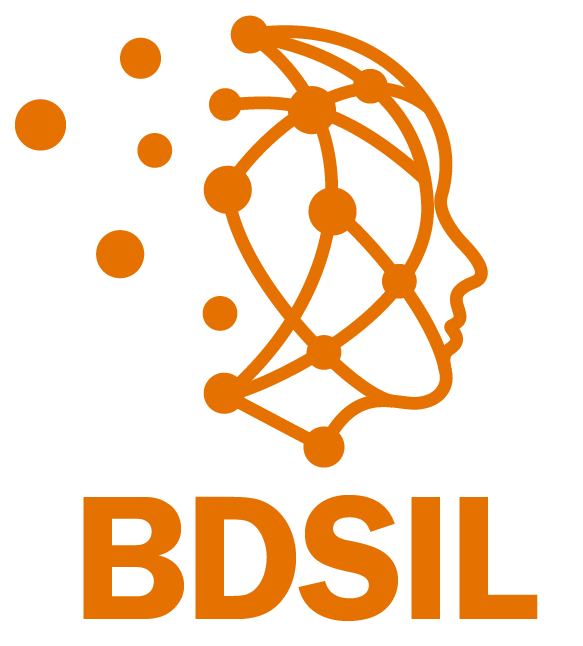Advancing the Practice of Transdisciplinary Team Science Research: Responding to the COVID-19 Pandemic
Infectious diseases cause more than 13 million deaths a year worldwide. Despite significant advances by scientists and public health authorities that have led to reduced rates of infections and mortality, we continue to find ourselves unable to respond rapidly and effectively to pandemics. The ongoing COVID-19 serves as a grim reminder of our collective inability to control pandemics. Globalization, anti-microbial resistance, urbanization, climate change, social media and ecological pressures threaten to upend the progress we have made in fighting infectious diseases. Pandemics will happen again: it is not if but when. In this lecture, Dr. Marathe will argue that pandemics is a complex systems problem that is intricately tied to the social, behavioral, political and economic issues that go beyond human health. He will give an overview of the state of the art in real-time computational epidemiology. Then using COVID-19 as an exemplar, Dr. Marathe will describe how scalable computing, AI and data science can play an important role in advancing real-time epidemic science.
2023 BDSIL Mentor Madhav Marathe is a Distinguished Professor in Biocomplexity, the division director of the Network Systems Science and Advanced Computing Division at the Biocomplexity Institute and Initiative, and a Professor in the Department of Computer Science at the University of Virginia. His research interests are in network science, Sustainable habitats, AI, foundations of computing and high performance computing. Over the last 20 years, his division has supported federal and state authorities in their effort to respond to a number of problems arising in the context of national security, sustainability and pandemic science, including, the COVID-19 pandemic. Before joining UVA, he held positions at Virginia Tech and the Los Alamos National Laboratory. He is a Fellow of the IEEE, ACM, SIAM and AAAS.
